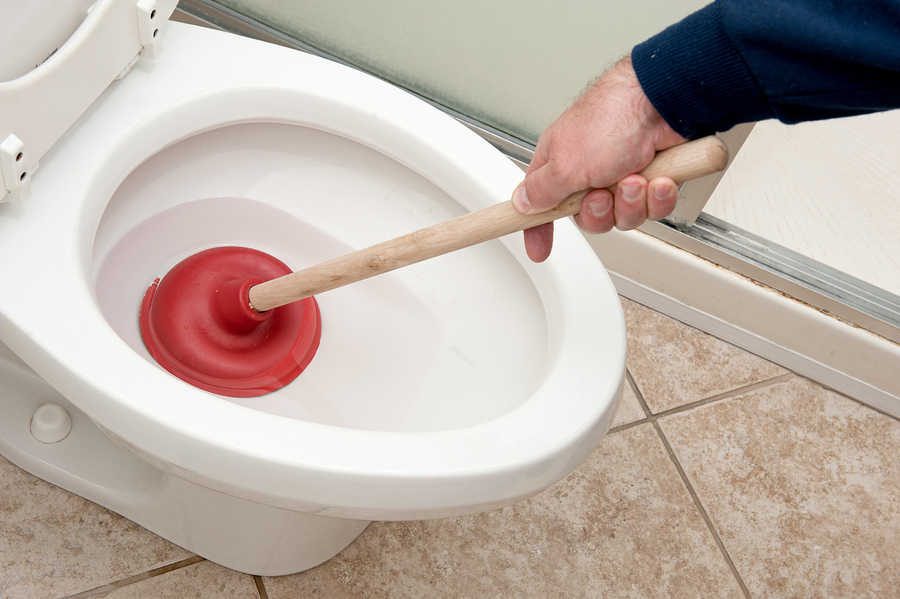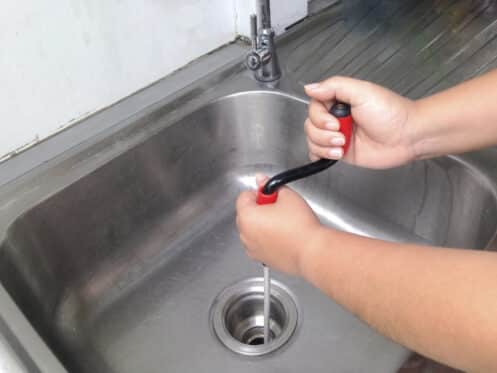Learning Bathroom Plumbing: Key Guidelines for First-Time Home Buyers
Learning Bathroom Plumbing: Key Guidelines for First-Time Home Buyers
Blog Article
This article below pertaining to 11 Must-Read Tips for Plumbing a New House is really informative. You should take a peek.

For brand-new house owners, understanding and keeping shower room pipes can conserve both time and money by stopping expensive issues down the line. Here are some essential bathroom plumbing tips to help you keep whatever running efficiently.
Acquaint Yourself with the Key Shut-Off Valve
Understanding where the primary water shut-off valve is located in your house is vital. This permits you to rapidly turn off the water supply in case of significant leakages or during pipes emergency situations, avoiding comprehensive water damage.
Regularly Evaluate for Leaks
Tiny leakages can cause huge issues. On a regular basis examine under sinks, around toilets, and near pipes fixtures for any kind of indications of leakages. Try to find moisture, tiny drips, or corrosion. Capturing and repairing leakages early can protect against extra serious damages and conserve water.
Don't Ignore Slow Drains Pipes
If your sink or tub is draining gradually, it's usually an indication of a blockage forming. Resolving this very early can protect against a total obstruction. Use a plunger or a plumbing professional's serpent to remove debris. Prevent using chemical drainpipe cleaners as they can harm your pipes over time.
Know What Not to Flush
Commodes are not waste disposal unit. Avoid purging anything besides toilet tissue and human waste. Products like wipes, feminine health items, and cotton swabs need to be thrown away in the trash to stop clogs and sewage system back-ups.
Install Strainers in Drains
Location strainers in your sink and tub drains pipes to catch hair and various other debris before they enter your plumbing system. Cleansing the filters frequently will assist avoid accumulation and keep water moving freely.
Keep Your Water Heater
Ensure your hot water heater is readied to an ideal temperature (normally around 120 degrees Fahrenheit) to stop scalding and lower power use. Flush the container yearly to eliminate sediment accumulation, which can reduce the effectiveness and lifespan of your heating unit.
Update Your Components
If your home has older fixtures, consider upgrading to extra efficient designs. Modern commodes, showerheads, and faucets are created to make use of less water while supplying excellent pressure, which can considerably lower your water costs and environmental impact.
Beware with Do It Yourself Plumbing Repairs
While it's appealing to manage all home fixings on your own, be cautious with pipes. Some problems may need expert know-how, specifically if they include primary water lines or drain repair services. Working with a specialist can occasionally be extra economical than do it yourself, specifically if it stops additional damages.
Get Ready For Cold Weather
Safeguard your pipes from freezing during winter by protecting pipelines in unheated locations like basements, attic rooms, and garages. Throughout severe chilly, let cold water drip from faucets served by exposed pipes to help avoid freezing.
Schedule Normal Maintenance
Consider scheduling annual evaluations with a qualified plumbing professional. They can detect concerns that you may miss, such as surprise leakages or deterioration on pipes and fixtures. Regular maintenance helps prolong the life of your plumbing system and can avoid emergency situations.
Final thought
Understanding and keeping your home's shower room pipes can avoid many usual problems. By following these essential pointers, you can guarantee your shower room stays useful and effective, saving you money and time over time.
Essential Plumbing Tips For Every Homeowner
As a homeowner, taking care of your plumbing system is crucial to maintaining the functionality and value of your home. While plumbing issues can be daunting, there are some essential tips that every homeowner should know to prevent major problems and save money in the long run. Here are some key plumbing tips that every homeowner should be aware of.
Regular Maintenance
One of the most important plumbing tips for homeowners is to schedule regular maintenance checks with a professional plumber. By having your pipes, fixtures, and appliances inspected regularly, you can catch any potential issues before they turn into costly repairs. A plumber can also provide valuable advice on how to properly maintain your plumbing system to prevent clogs, leaks, and other common problems.
Know Your Shut-Off Valves
It's essential for homeowners to know where the main shut-off valve is located in case of a plumbing emergency. This valve controls the flow of water into your home and can help prevent flooding in the event of a burst pipe or other serious issues. Additionally, it's important to know where the shut-off valves are for individual fixtures such as sinks, toilets, and washing machines so you can quickly stop the water supply if needed.
Watch What You Flush
Another important plumbing tip for homeowners is to be mindful of what gets flushed down the drains and toilets in your home. Avoid flushing items like paper towels, feminine hygiene products, grease, or hair as these can cause clogs and damage to your pipes. Installing drain filters or screens can help catch debris before it causes a blockage.
Insulate Pipes in Cold Weather
During winter months, it's crucial to insulate any exposed pipes in unheated areas of your home to prevent them from freezing and bursting. Frozen pipes can lead to extensive water damage and costly repairs. By adding insulation or heat tape to vulnerable pipes, you can protect them from extreme temperatures and avoid potential disasters.
Address Leaks Promptly
If you notice any signs of leaks such as damp spots on walls or ceilings, musty odors, or dripping faucets, it's important to address them promptly before they worsen. Even small leaks can lead to mold growth, water damage, and increased water bills over time. Ignoring leaks can result in more extensive repairs down the line.
Taking care of your home's plumbing system is an essential part of being a responsible homeowner. By following these key plumbing tips and staying proactive about maintenance and repairs, you can keep your plumbing system running smoothly and avoid costly issues in the future. Remember that prevention is key when it comes to plumbing problems – investing time and effort now can save you money and headaches later on. Stay informed about your home's plumbing system and don't hesitate to consult with a professional plumber if you have any concerns or questions.

Request Your Service Report this page